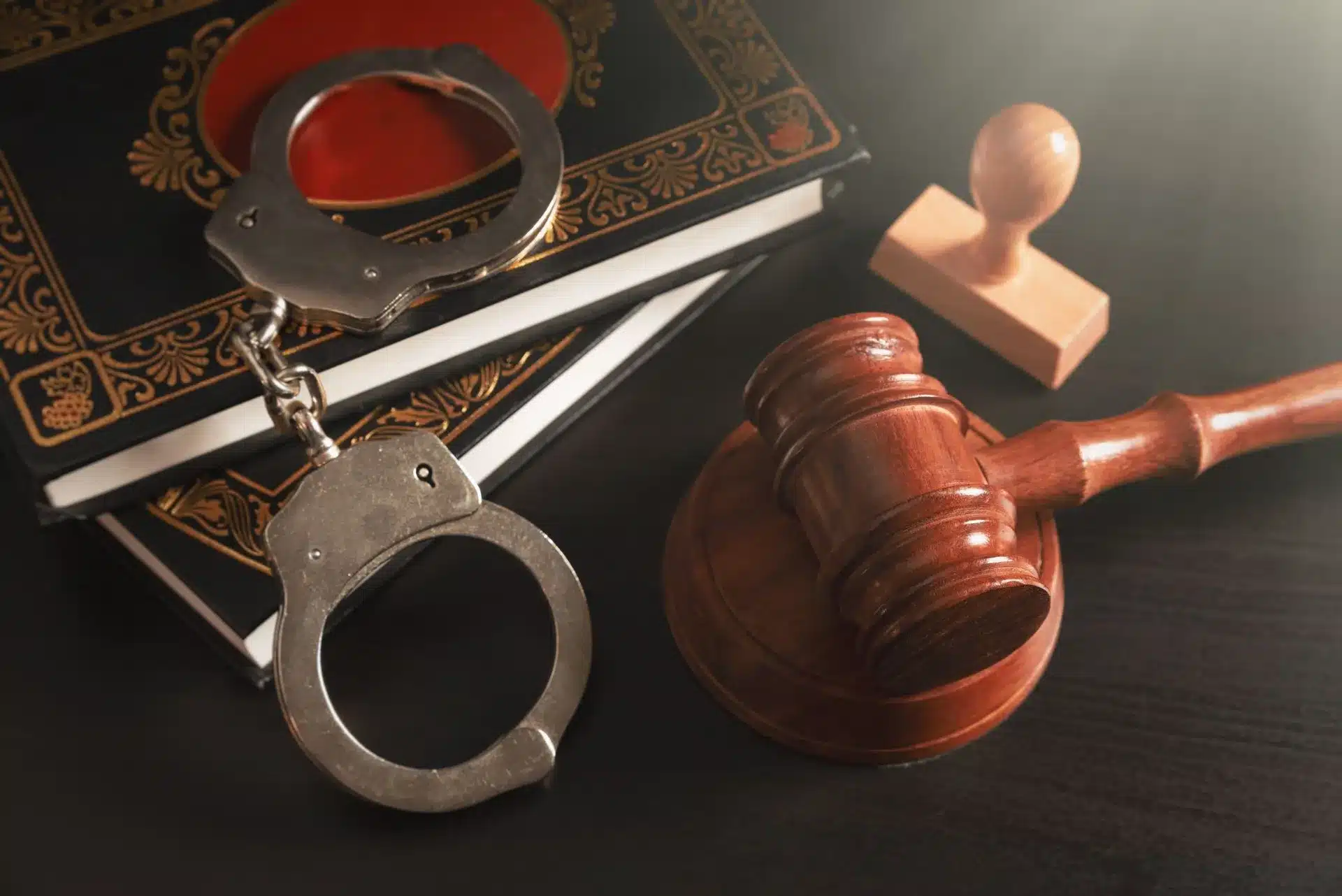Being charged with a crime in Arizona can be an overwhelming and confusing experience. Understanding the criminal trial process and what to expect can help alleviate some of the stress and uncertainty. This step-by-step guide will walk you through the ins and outs of criminal trials in Arizona, providing valuable information and tips on how to navigate the process effectively.
1. Arraignment
After being charged with a crime, the first step in the criminal trial process is the arraignment. At this hearing, you will be formally informed of the charges against you and asked to enter a plea of guilty, not guilty, or no contest. It is crucial to have a skilled criminal defense attorney by your side during the arraignment to help you understand the charges and potential consequences and advise you on the best course of action.
2. Pretrial Conference
If you plead not guilty, the next step is the pretrial conference. This is a meeting between your defense attorney, the prosecutor, and the judge to discuss the case and determine if a plea bargain can be reached. If an agreement is made, the case may be resolved without going to trial. However, if no agreement is reached, the case will proceed to trial. It is essential to have a knowledgeable attorney representing your interests during these negotiations to ensure the best possible outcome for your case.
3. Discovery
Discovery is the process of exchanging information and evidence between the defense and prosecution. This may include witness statements, police reports, and physical evidence. Both sides are required to disclose this information to each other before trial, allowing each party to prepare their case thoroughly. Your attorney will carefully review all the evidence and may use it to build a strong defense strategy, identify weaknesses in the prosecution’s case, or negotiate a favorable plea bargain.
4. Motions
During the pretrial phase, your attorney may file various motions to protect your rights and improve your chances of a successful outcome. Some common motions include:
- Motion to suppress evidence: If evidence was obtained illegally or in violation of your rights, your attorney may request that it be excluded from the trial.
- Motion to dismiss: If the prosecution’s case is weak or lacks sufficient evidence, your attorney may ask the judge to dismiss the charges.
- Motion for a change of venue: If there is a concern that you will not receive a fair trial in the current location, your attorney may request a change of venue.
It is crucial to have an experienced attorney who can identify and file the appropriate motions to strengthen your defense.
5. Trial
If your case proceeds to trial, both sides will present their evidence and arguments to a judge or jury. Your attorney will work tirelessly to present a compelling defense, cross-examine witnesses, and challenge the prosecution’s evidence. The trial will conclude with closing arguments, after which the judge or jury will deliberate and render a verdict of guilty or not guilty.
6. Sentencing
If you are found guilty, the final step in the criminal trial process is sentencing. The judge will consider various factors, such as the severity of the crime, your criminal history, and any mitigating circumstances, to determine an appropriate sentence. Your attorney will advocate for a fair and lenient sentence, highlighting any mitigating factors and presenting evidence of your character and rehabilitation efforts.
Navigating criminal trials in Arizona can be challenging, but having a skilled and dedicated criminal defense attorney by your side can make all the difference. Whether you’re facing an assault charge or a drug conviction, our attorneys are here to help. At Mulembo Law PLLC, we are committed to providing our clients with the highest quality legal representation and guiding them through every step of the process.
Contact us for a consultation. Let us help you protect your rights and secure the best possible outcome for your case.




